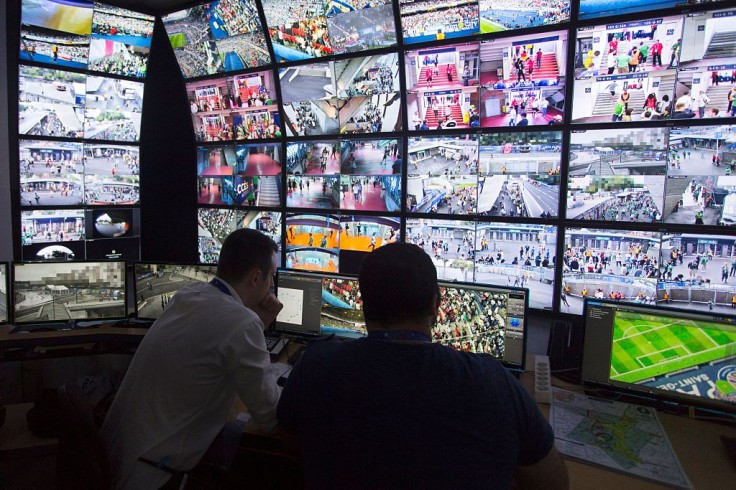A team of researchers from the University of Cambridge concluded that the use of live facial recognition (LFR) by UK police forces should be banned in all public spaces because it allegedly "fails to meet the minimum ethical and legal standards."

UK Police Reportedly Believe LFR Will Help Combat Crime and Terrorism
According to The Guardian, using LFR means connecting cameras to databases containing photos of people. LFR then find matches of the faces captured by security cameras in the database of photos.
The researchers analyzed the use of LFR by the Metropolitan Police (MET) and South Wales Police.
Two instances from the South Wales police were analyzed while one case from MET was studied. The study found that all cases of LFR's use could possibly infringe human rights, meaning it did not meet the required ethical and legal standards.
Thinking that the LFR technology can help fight crime and terrorism, the British police have experimented with it.
MET and South Wales police have used the technology to scan crowds. Faces were then compared to those on criminal watch list.
According to Engadget, in another instance, authorities use the Facial Recognition Technology (FRT) app in order to scan crowds. Afterwards, the data were use to identify wanted individuals in real time.
Courts have grown worried how the police used LFR and how it can cause infringement on the privacy rights of the people who were scanned with the technology. Moreover, there is also a growing concern on racial bias.
The Minderoo Centre for Technology and Democracy at the University of Cambridge recommended the banning of LFR's use in streets, airports and any public spaces. These are the areas where police believe LFR would be most useful.
Read Also: Foxconn Predicts Drop in iPhone Supply Following COVID Outbreak, Worker Exodus
Critics Warn That LFR May Violate Human Rights
LFR is seen by the UK law enforcement as a technology that could potentially fight crime, along with the technology of fingerprinting. It could increase the chance of finding and tracking individuals who are in conflict with the law.
However, despite of the potential innovative use of the technology, there are criticisms against it. One of which is the possible abuses of human rights on a big scale. In addition, rights to protest and freedom of assembly could also be abused.
"To protect human rights and improve accountability in how technology is used, we must ask what values we want to embed in technology and also move from high-level values and principles into practice," said the lead author Evani Radiya-Dixit.
According to the researchers, there are research showing that the technology performs noticeably worse on marginalized groups.
The Public Sector Equality Duty of the Equality Act 2010 requires police to recognize that LFR carries bias against people of color, women, and people with disabilities.
Pete Fussey, from the University of Essex, said: "Live facial recognition is a powerful and intrusive technology that has real implications for the rights of individuals.
In other countries with more authoritarian regimes like China, the technology was used as part of their surveillance tools.
Related Article: Facial Recognition Technology and Its Business Use Cases









